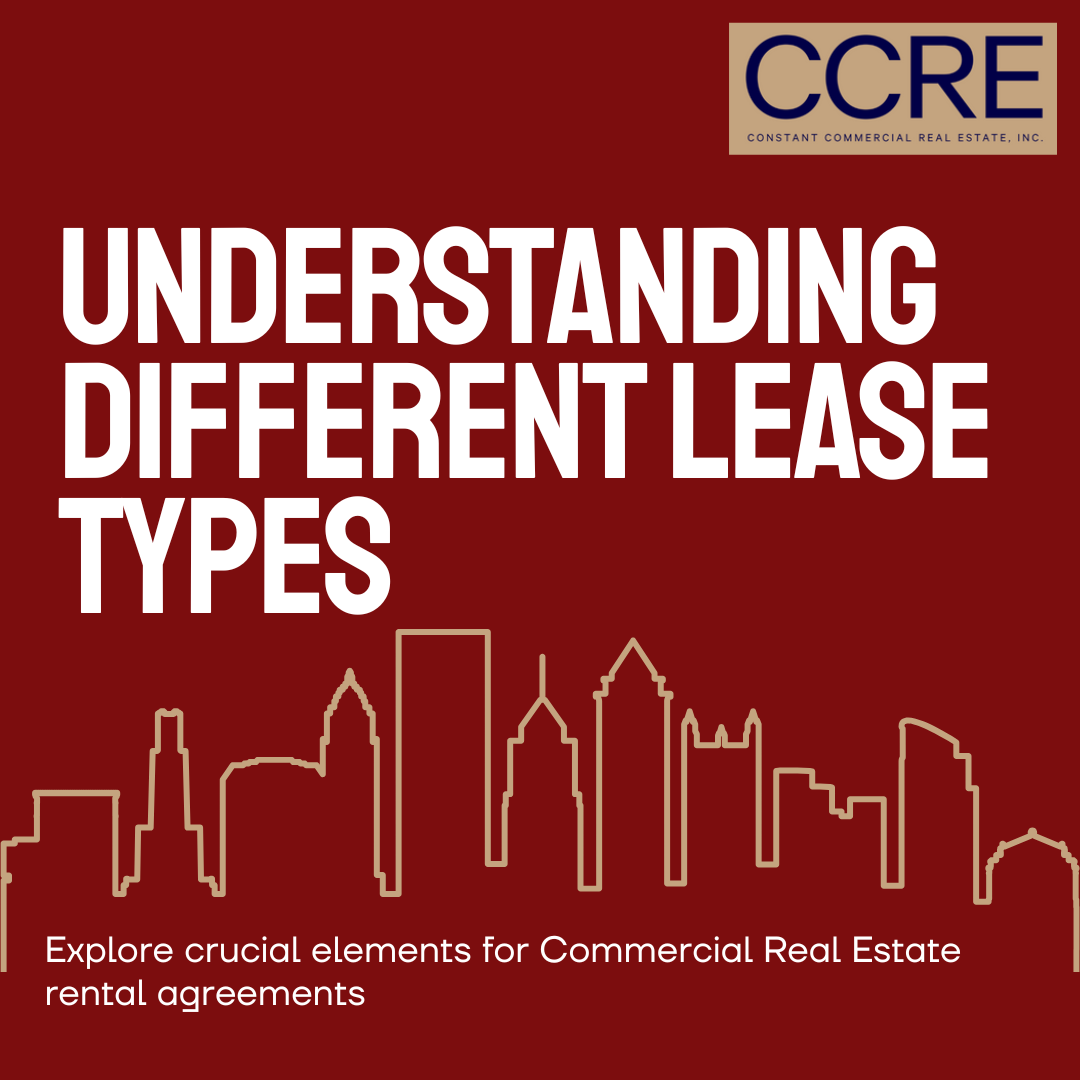June 27, 2025
Oregon's 'middle housing' bill passes legislation.
House Bill 2138 (HB 2138) introduces significant changes to land use regulations in Oregon, primarily focusing on expanding middle housing options and streamlining land division processes. It builds upon previous legislation, notably House Bill 2001, by further promoting housing density and affordability.
Key Changes and Expansions:
- Expanded Middle Housing and Urban Unincorporated Lands: HB 2138 expands the allowance of middle housing types (duplexes, triplexes, quadplexes, cottage clusters, and townhouses) to include urban unincorporated lands. This is a notable extension from previous requirements that primarily focused on incorporated cities.
- Definition of Middle Housing: The bill refines the definition of "cottage cluster" to mean a grouping of detached or attached units (up to four per subgrouping) with a common courtyard and small footprint/floor area. It also clarifies definitions for duplexes, quadplexes, and triplexes as attached or detached dwellings on a lot not created by a middle housing land division.
- Allowance for Additional Units: A significant new provision allows for additional dwelling units if one or more units of middle housing are accessible or affordable. This incentivizes the creation of housing that meets specific accessibility and affordability criteria. Cities must allow commensurate increases to developable area, floor area, height, or density to accommodate these additional units.
- Retroactive Prohibition on Private Restrictions: HB 2138 makes the prohibition on private restrictions, including those in planned community governing documents, that limit middle housing, accessory dwelling units, or housing density, retroactive. This is a major shift, invalidating existing restrictive covenants that would otherwise hinder denser housing development.
- Expedited Land Division Reforms: The bill reforms expedited land division provisions, making such divisions land use decisions that are exempt from hearing requirements and appeals by opponents. This is a significant change aimed at accelerating housing development by reducing potential delays from appeals.
- Consolidated Plats and Review Timelines: It allows for plats that consolidate a land division and a middle housing land division, requiring review within 120 days for counties and cities.
- Land Conservation and Development Commission (LCDC) Rules: The LCDC is mandated to adopt new rules by January 1, 2028, to promote housing development. These rules will address siting and design standards for manufactured, site-built, or prefabricated middle housing, establish parameters for unreasonable costs or delays for ADUs and single room occupancies, regulate cottage clusters, and amend discretionary criteria for evaluating housing.
- Increased Appropriations: The bill increases appropriations for rulemaking and technical assistance grants to support the implementation of these changes.
- Operative Date: The main provisions of the bill become operative on January 1, 2027.
Major Changes from HB 2001 (Oregon Middle Housing Bill):
While HB 2001 (Oregon Laws 2019, chapter 639) introduced the concept of allowing middle housing in areas previously zoned for single-family homes, HB 2138 significantly expands upon its predecessor by:
- Broadening Geographic Scope: HB 2001 primarily focused on cities of a certain population size. HB 2138 extends middle housing requirements to include "urban unincorporated lands," meaning areas within urban growth boundaries that are not within a city but are zoned for urban development and have urban services. This greatly increases the land area where middle housing must be permitted.
- Addressing Existing Restrictions: HB 2001 mandated that local governments allow middle housing. HB 2138 goes further by retroactively voiding private restrictions (like HOA covenants) that would limit middle housing, ADUs, or housing density. This directly tackles a significant barrier to middle housing development that HB 2001 did not explicitly cover with retroactive effect.
- Incentivizing Affordable and Accessible Units: HB 2138 introduces specific incentives for developing accessible or affordable middle housing units by allowing additional units17. This was not a direct provision of HB 2001.
- Streamlining Land Divisions and Limiting Appeals: HB 2138 explicitly exempts expedited land divisions from hearing requirements and appeals by opponents. This is a critical procedural change that aims to prevent delays in development, which was a common challenge even after HB 2001. HB 2001 required local governments to adopt land use regulations by certain dates but did not explicitly remove appeal mechanisms in this way.
- Refined Definitions and Rulemaking Mandates: HB 2138 provides more detailed definitions for middle housing types like "cottage clusters". It also gives the LCDC a more extensive mandate for rulemaking to address implementation challenges and encourage various housing types, including manufactured and prefabricated housing.
In essence, HB 2138 acts as a stronger enforcement and expansion mechanism for the principles introduced in HB 2001, aiming to accelerate housing production and affordability by addressing persistent barriers and broadening the scope of middle housing implementation.



